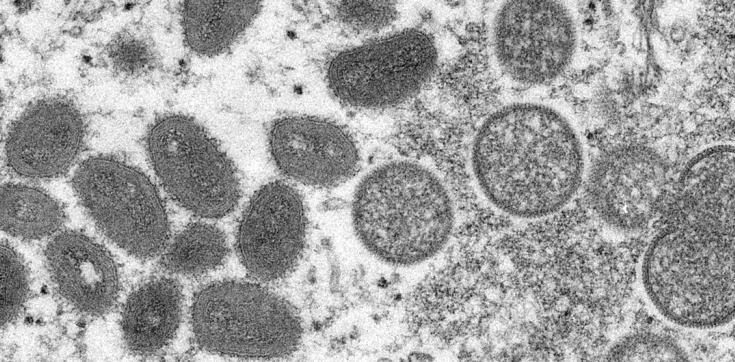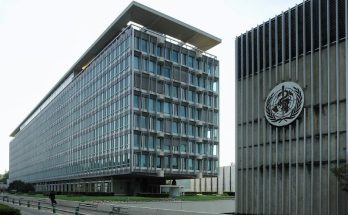New York: Thirty non-endemic countries have reported more than 550 confirmed cases of monkeypox, the head of the World Health Organization (WHO) said on Wednesday.
“Investigations are ongoing, but the sudden appearance of monkeypox in many countries at the same time suggests there may have been undetected transmission for some time,” Tedros Adhanom Ghebreyesus told journalists at WHO’s Geneva headquarters.
There may have been undetected transmission for some time – WHO chief
Be vigilant
With most reported cases having been among sexual encounters between men, those communities are working to inform their members of risks and preventative action that can be taken.
“But all of us must work hard to fight stigma, which is not just wrong, it could also prevent infected individuals from seeking care, making it harder to stop transmission,” warned the WHO chief, urging affected countries to widen their surveillance to the broader community.
Anyone risks infection if they have close physical contact with someone who has Monkeypox.
Tedros noted that as the situation is evolving, WHO expects more cases to be found.
“It’s important to remember that generally, Monkeypox symptoms resolve on their own, but can be severe in some cases,” he added.
WHO continues to receive updates on the status of ongoing Monkeypox outbreaks in African countries where the disease is endemic.
The top WHO official outlined his priorities to provide accurate information to those most at-risk; prevent further spread among those at high risk; protect frontline health workers; and advance “our understanding” of the disease.
COVID trends
Meanwhile, as reported COVID-19 cases and deaths continue to decline globally, Tedros cautioned that this may be the result of reduced testing throughout many countries.
But in several regions in the Americas, cases, and deaths are surging, while there are increasing fatalities in the Western Pacific region and Africa.
“Once again, the pandemic is not over. We continue to call on all countries to maintain testing and sequencing services, to give us a clearer picture of where the virus is spreading, and how it’s changing,” said the WHO chief.
“We call on all countries to vaccinate all health workers, older people and other at-risk groups”.
Care in Ukraine
With the war in Ukraine taking a heavy toll on the country’s health system, WHO has increased its presence in the country and in States hosting displaced people – as the number of healthcare attacks continues to rise.
“As of yesterday, WHO has verified 269 attacks on health in Ukraine, killing 76 people and injuring 59,” Tedros said.
“Healthcare must never be a target,” he added, calling again on Russia to end the war.
Rippling effect of war
Russia’s invasion has disrupted global food supplies and exacerbated the risk of famine around the world, he said.
As the Horn of Africa suffers one of its worst droughts in recent history, the rising risk of famine and malnutrition is severely affecting an estimated 15 to 20 million people in Kenya, Somalia, and Ethiopia, as well as affecting populations in Djibouti, Eritrea, Uganda, South Sudan and Sudan.
The WHO chief said there were tens of thousands of families forced to leave home in search of food, water and pasture, which is leading to mass displacement and a lack of safe drinking water, hygiene and sanitation – further heightening health risks.
“This is especially worrying in an already under-immunized population with little access to health services,” pointed out the WHO chief.
At the same time, more than six million people remain under siege by Ethiopian and Eritrean forces in Tigray.
As the region is sealed, not enough food is being delivered and basic services remain unavailable.
“WHO is doing its best to help, but the only solution to this inhumane situation – as in Ukraine – is peace,” he underscored.
WHO business
Turning to the first in-person World Health Assembly since the COVID-19 pandemic began – which ended on Saturday – Tedros drew attention to the adopted “landmark resolution to increase assessed contributions” to a target of 50 per cent of WHO’s base budget by the end of the decade, up from today’s 16 per cent.
“This change will give WHO the flexibility and predictability to plan for long-term programming in countries, and to attract and retain the people we need to deliver those programmes,” he said.
Other Assembly decisions strengthens WHO’s preparedness and response to health emergencies.
#Monkeypox





